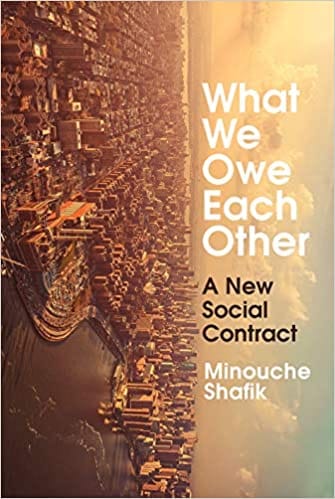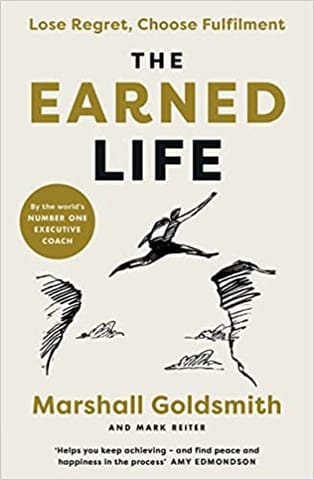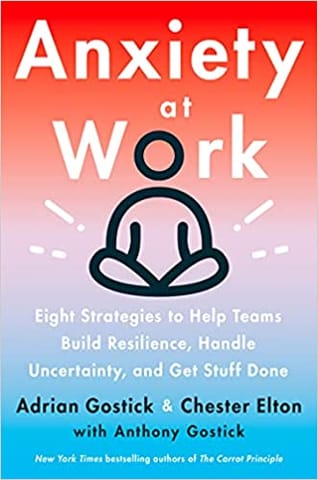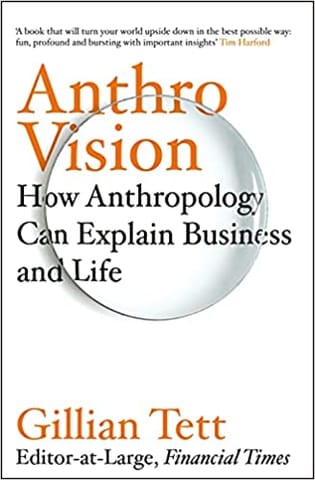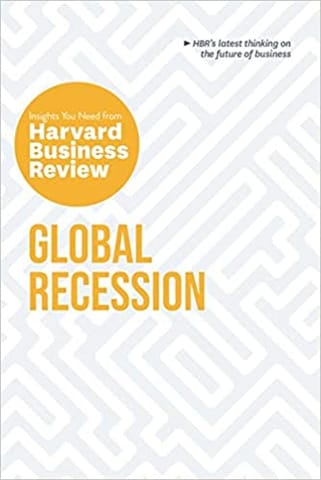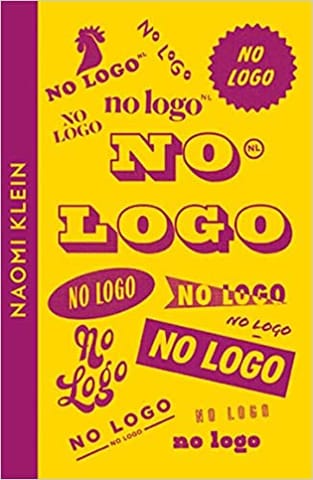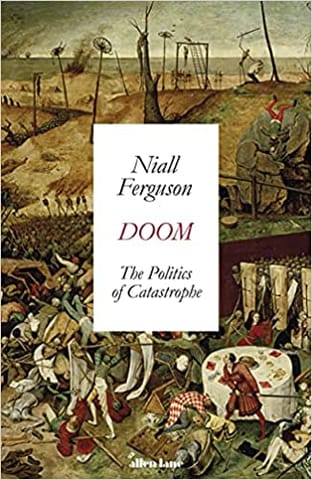- Non-ficton
- Non-ficton
- Contemporary Fiction
- Contemporary Fiction
- Children
- Children
- Comics & Graphic Novels
- Comics & Graphic Novels
- Non-Fiction
- Non-Fiction
- Fiction
- Fiction
One of the world's most influential economists sets out the basis for a new social contract fit for the 21st century
This landmark study by Minouche Shafik, Director of the LSE, draws on evidence from across the globe to show that the social contract - how we pool risks, share resources and balance individual and collective responsibility - shapes not just our wealth and opportunities but the very fabric of our lives. And yet societies everywhere are failing to adapt to the global upheavals of technology, demography and climate, leading to a breakdown in mutual trust the world over.
Brilliantly lucid and accessible, What We Owe Each Other draws on a wealth of evidence and learning to outline the basic principles that every society must adopt to meet these challenges. Reshaping the social contract will have profound implications for gender equality, education, healthcare provision, the role of business and the future of work. This book will equip every reader to understand and play their part in this urgent and necessary transformation.
Review
A necessary contribution at a turning-point in history. Minouche Shafik maps out the great challenges of our time and inspires us to rise to them. Her book is a must-read for policymakers - as well as anyone interested in making the world a better place -- Ursula von der Leyen, President of the European Commission
Minouche Shafik's up-to-the-moment book presents a powerful and persuasive moral argument. She calls for a more generous, more equal world and offers an analysis that is rigorous and specific enough to help readers think practically about the policies needed to bring that world into being. For societies asking how to rebuild, What We Owe Each Other is an important place to start -- Melinda Gates
A thought-provoking, beautifully argued, and easily accessible book. It is a must-read for all those seeking to understand why the bonds that bind society together are so frayed and what we can do about it to create a world fit for our children and grandchildren to live in -- Ngozi Okonjo-Iweala, Director-General of the World Trade Organisation
This erudite book argues that we need to recognise our obligations to each other and to society ... a thought-provoking addition to our current, urgent debates -- Daron Acemoglu, co-author of Why Nations Fail
About the Author
- Home
- Fiction
- Business And Economics
- What We Owe Each Other: A New Social Contract
What We Owe Each Other: A New Social Contract
SIZE GUIDE
- ISBN: 9781847926890
- Author: Minouche Shafik
- Publisher: Bodley Head
- Pages: 256
- Format: Paperback
Book Description
One of the world's most influential economists sets out the basis for a new social contract fit for the 21st century
This landmark study by Minouche Shafik, Director of the LSE, draws on evidence from across the globe to show that the social contract - how we pool risks, share resources and balance individual and collective responsibility - shapes not just our wealth and opportunities but the very fabric of our lives. And yet societies everywhere are failing to adapt to the global upheavals of technology, demography and climate, leading to a breakdown in mutual trust the world over.
Brilliantly lucid and accessible, What We Owe Each Other draws on a wealth of evidence and learning to outline the basic principles that every society must adopt to meet these challenges. Reshaping the social contract will have profound implications for gender equality, education, healthcare provision, the role of business and the future of work. This book will equip every reader to understand and play their part in this urgent and necessary transformation.
Review
A necessary contribution at a turning-point in history. Minouche Shafik maps out the great challenges of our time and inspires us to rise to them. Her book is a must-read for policymakers - as well as anyone interested in making the world a better place -- Ursula von der Leyen, President of the European Commission
Minouche Shafik's up-to-the-moment book presents a powerful and persuasive moral argument. She calls for a more generous, more equal world and offers an analysis that is rigorous and specific enough to help readers think practically about the policies needed to bring that world into being. For societies asking how to rebuild, What We Owe Each Other is an important place to start -- Melinda Gates
A thought-provoking, beautifully argued, and easily accessible book. It is a must-read for all those seeking to understand why the bonds that bind society together are so frayed and what we can do about it to create a world fit for our children and grandchildren to live in -- Ngozi Okonjo-Iweala, Director-General of the World Trade Organisation
This erudite book argues that we need to recognise our obligations to each other and to society ... a thought-provoking addition to our current, urgent debates -- Daron Acemoglu, co-author of Why Nations Fail
About the Author
User reviews
NEWSLETTER
Subscribe to get Email Updates!
Thanks for subscribing.
Your response has been recorded.

India's Iconic & Independent Book Store offering a vast selection of books across a variety of genres Since 1978.
"We Believe In The Power of Books" Our mission is to make books accessible to everyone, and to cultivate a culture of reading and learning. We strive to provide a wide range of books, from classic literature, sci-fi and fantasy, to graphic novels, biographies and self-help books, so that everyone can find something to read.
Whether you’re looking for your next great read, a gift for someone special, or just browsing, Midland is here to make your book-buying experience easy and enjoyable.
We are shipping pan India and across the world.
For Bulk Order / Corporate Gifting
 +91 9818282497 |
+91 9818282497 |  [email protected]
[email protected]
Click To Know More
QUICK LINKS
ADDRESS
Shop No.20, Aurobindo Palace Market, Near Church, New Delhi

